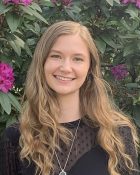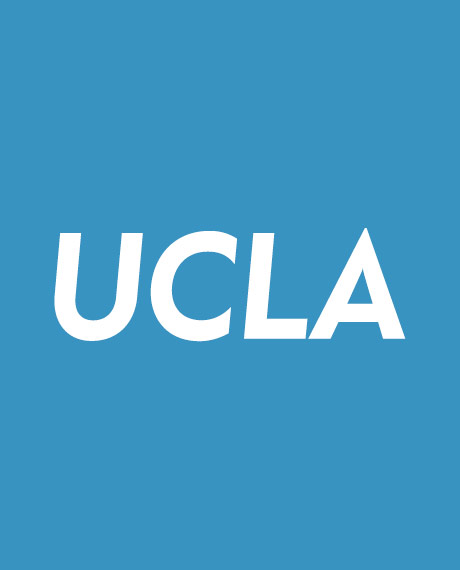
Colleen Hanson

Colloquy
Colleen Hanson is pursuing her Ph.D., and completed her first year with the Department of Philosophy.
C: When and why did you first become interested in philosophy?
CH: At the beginning of my first year of undergrad at University of Puget Sound, I was assigned to be the new work study student in the philosophy department. I was their office assistant, so through assisting faculty with various things, helping to organize department events, and other tasks, I was exposed to so many aspects of the department early on. At this point, I had not considered studying philosophy as my major, but it was on my radar. In fact, I was very lost during my first year of undergrad trying to figure out what to study. Every time I tried taking a class in a new major, I wasn’t satisfied. In the midst of my dissatisfaction, I remembered how much I enjoyed myself when attending philosophy events, talking to faculty and students, etc., so I registered to take Ancient Philosophy the following semester. I think I declared a philosophy major before the semester was over! Philosophy is everything I was looking for; I love the way it makes me think, I love the way it challenges me, I love just trying to understand the world. I believe the skills, concepts, and tools we learn in this discipline are immensely transferable to other parts of our lives, even outside of academia.
So far, my favorite thing about this department is the supportive atmosphere. I find that everyone is approachable and willing to help in any way they can.
C: Why did you decide to pursue your graduate degree at UCLA?
CH: The task of choosing where to attend graduate school is arduous and overwhelming – at least it was for me! There were so many factors to consider, and so many paths I could imagine myself going down. Ultimately, I chose UCLA because I felt that I would grow the most as a scholar, a philosopher, and a person here. I look up to everyone in the Department and it is such a privilege to be able to engage in philosophy alongside such talented and passionate people.
C: What’s your favorite thing about the UCLA Department of Philosophy?
CH: So far, my favorite thing about this department is the supportive atmosphere. I find that everyone is approachable and willing to help in any way they can.
C: Can you tell us about your research projects?
CH: This summer I am looking forward to working on expanding some work I’ve done in the past about epistemic injustice and contextualism. In the past, I worked on showing how David Lewis’ account of contextualism entails a particular form of epistemic injustice that was not accounted for in Miranda Fricker’s Epistemic Injustice: Power and the Ethics of Knowing. I want to push this further and explore what this means for Lewis’ account. That is, I want to make a claim about whether it is a virtue or vice for Lewis that his account of knowledge entails epistemic injustice.
C: Do you have a memory of your time in the UCLA department of philosophy that impacted you?
CH: I have so many good memories from the first-year seminars, all of which were impactful in various ways. It was impactful to have that time together as a cohort and to jump into this experience together.
C: What is the most interesting philosophical claim or argument you’ve encountered thus far?
CH: I am fascinated by David Lewis’ account of contextualism in Elusive Knowledge.
C: What advice would you recommend for philosophy undergrads?
CH: I think one reason that I loved my undergraduate philosophy experience so much was that I tried to be as involved as I could. I went to every event, I participated in Ethics Bowl, I helped organize the philosophy conference, all of which made my philosophy experience so much richer. I would say to get as involved as you can.
C: For non-specialists, what books or articles would you recommend?
CH: My go-to recommendation is Being Mortal by Atul Gawande. It’s an absolute tear jerker, but it is a beautiful exploration and reflection of life, death, and how we approach our own mortality and well-being.

